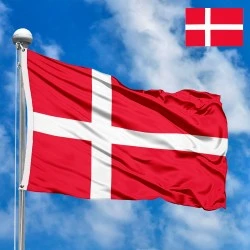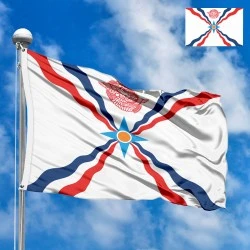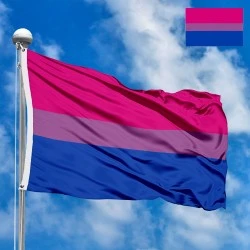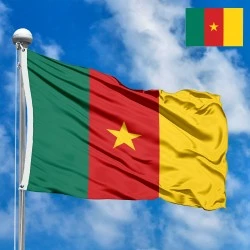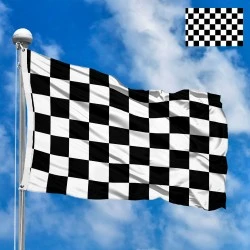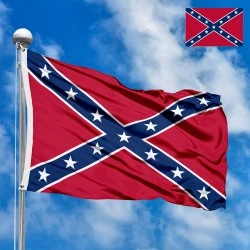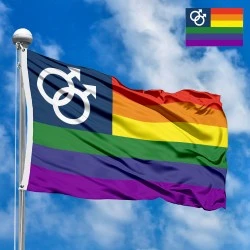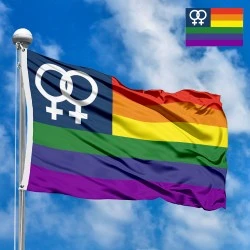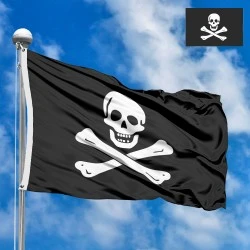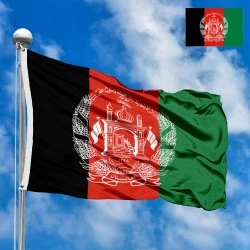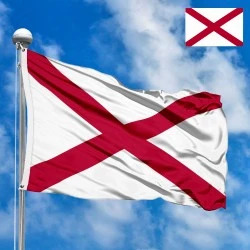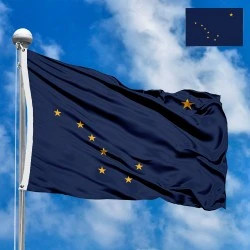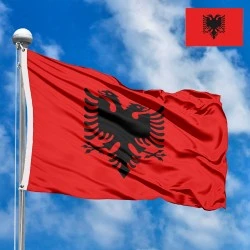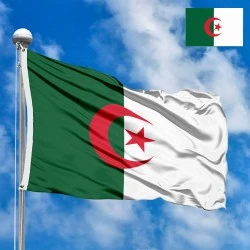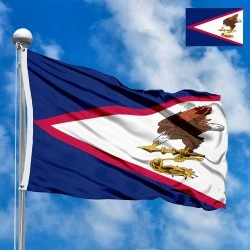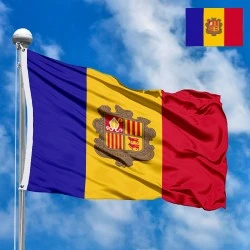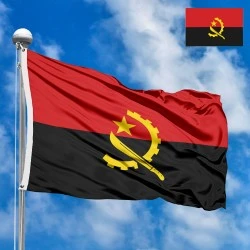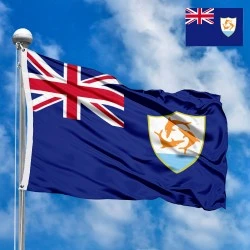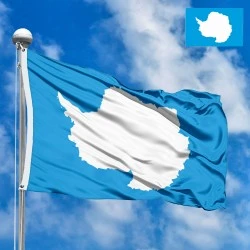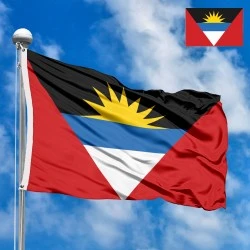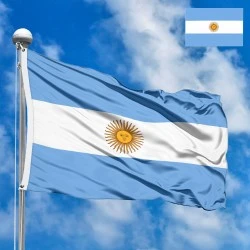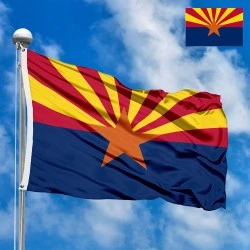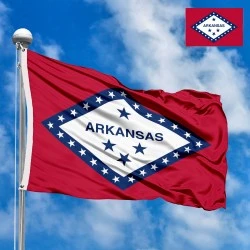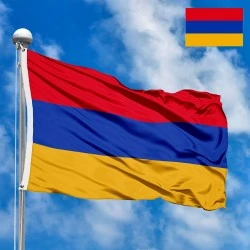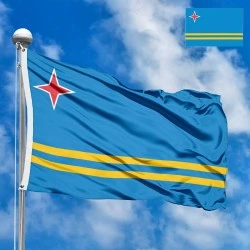Flag of Greenland
- Flag Type: Regional
- Proportions (official): 2:3
- Official name: Greenland
- Local name: Kalaallit Nunaat, Grønland
- Sovereignty (year): NO (Autonomous territory of Denmark)
- Member of Organizations: Nordic Council
- Country code, territory: GL, GRL, 304
- Capital: Nuuk
- Large cities: Sisimiut, Ilulissat, Qaqortoq
- Population: ~56,000 (2024, estimate)
- Religions: Christianity ~95%
- Area (km²): 2 166 086
- Highest point: Gunnbjørn Fjeld (3,694 m)
- Lowest point: Atlantic Ocean (0 m)
- Currency: Danish krone (DKK, kr)
- Languages: Greenlandic, Danish
- Dialing code: +299
- National domain: .gl
Flag Information
General information
Demography and Culture
Economy and communications
- All Flags
- Flags of Countries by Continent
-
Flags of Organizations
- Flags of UN countries
- Flags of the European Union countries
- Flags of NATO countries
- Flags of the countries of the Organization of Islamic Cooperation
- Flags of the countries of the Organization of American States
- Flags of the Arab League countries
- Flags of the African Union countries
- Flags of the countries of the Union of South American Nations
- Flags of the Commonwealth of Nations
- Flags of the countries of the Secretariat of the Pacific Community
- Flags of the Nordic Council countries
- Flags of the Caribbean Community
- Flags of the countries of the Association of Southeast Asian Nations
- Flags of the East African Community
- Flags of the countries of the Organization of Turkic States
- LGBT Community Flags
- Historical Flags
- Ethnic Flags
- Flags of the USA (states)
Description
The flag of Greenland, known in the local language as Erfalasorput, which translates to "our flag," is a powerful and visually striking symbol of the nation's identity, self-governance, and a profound connection to its unique Arctic environment. Adopted in the late 20th century, the flag is a modern emblem that encapsulates the spirit of the Greenlandic people and their journey toward greater autonomy. Its design, while simple, is deeply symbolic, telling a story of the land, the sea, and the sun that defines life in this vast island territory.
Design and Symbolism: A Harmony of Ice and Fire
The flag’s design is a remarkable example of minimalist art infused with rich meaning. It is composed of two horizontal stripes and a large, off-centered disc.
-
The Horizontal Stripes: The flag is divided into two equally sized horizontal bands. The top stripe is white, representing the immense ice cap (Sermersuaq) that covers over 80% of Greenland's surface. The bottom stripe is red, symbolizing the ocean and the numerous fjords that are the lifeblood of the coastal communities. The colors, white and red, are a deliberate nod to the colors of the Danish flag, reflecting Greenland’s historical and continuing ties to the Kingdom of Denmark.
-
The Off-Centered Disc: A large disc is placed slightly to the hoist side of the flag’s center. The top half of the disc is red, and the bottom half is white. This disc is rich in symbolism. It can be seen as the sun, fiery red, sinking below the horizon into the red ocean stripe, with its reflection illuminating the white ice cap. Alternatively, it can be interpreted as the sun rising, symbolizing the return of light after the long Arctic winter. The entire motif, with its curved lines, also evokes the image of a rising sun over the ice, a common and cherished sight in Greenland. The disc is also a representation of the icebergs, where the red part symbolizes the part of the iceberg that is visible, and the white part represents the hidden mass beneath the water's surface, a powerful metaphor for the unknown and the unseen strength of the land.
History and Creation: A Symbol of Home Rule
The creation of the Greenlandic flag is intrinsically linked to the establishment of Home Rule in 1979. This political milestone sparked a national conversation about a new, distinct national symbol. A contest was held, and over 500 proposals were submitted. The winning design was created by a local artist and politician, Thue Christiansen. His design, titled Erfalasorput, was officially adopted on June 21, 1985, a date which is now celebrated annually as Greenland's National Day. The flag was chosen over a popular alternative design that featured the Nordic cross, highlighting a strong desire to create a symbol that was uniquely Greenlandic, separate from the broader Scandinavian identity.
Status and Adoption: A Dual Identity
The Erfalasorput is the official flag of Greenland. It is flown alongside the Danish flag, the Dannebrog, signifying Greenland's status as a self-governing country within the Kingdom of Denmark. The coexistence of the two flags on government buildings and public spaces perfectly illustrates Greenland’s political reality: a nation with its own distinct identity and culture, yet still constitutionally linked to Denmark. This dual display is a point of pride for many Greenlanders, symbolizing a balance between tradition, autonomy, and a shared history.
Size and Proportions
The flag of Greenland has a standard proportion of 2:3. The horizontal stripes are of equal height. The disc is positioned with its center slightly to the left of the flag’s central vertical line, a deliberate placement that creates visual dynamism and a sense of movement. The diameter of the disc is two-thirds of the flag's height, ensuring that it is a prominent and central element of the design.
Interesting Facts and Significance
The flag is full of fascinating details and cultural significance.
-
The Name Erfalasorput: The Greenlandic name for the flag, Erfalasorput, is a source of immense pride. It literally means "our flag," a possessive and communal term that emphasizes its ownership by all Greenlanders and its role as a unifying national symbol.
-
A Symbol of Climate and Landscape: The flag is a stunning example of vexillology that directly represents the geography and climate of the nation. The ice cap, the ocean, and the sun are all fundamental elements of life in Greenland, and the flag brings these natural features to life in a simple, yet elegant design.
-
The "Midnight Sun": The red half of the disk rising from the bottom stripe can also be interpreted as the midnight sun, a celestial phenomenon that is a defining characteristic of the Arctic summer, further solidifying the flag’s deep connection to the Arctic environment.
Significance for Residents
For the people of Greenland, the Erfalasorput is far more than a national banner. It is a powerful declaration of their unique Inuit identity and a symbol of the self-determination they have achieved. It represents the pride they feel for their culture, their language, and their breathtaking, yet challenging, homeland. The flag serves as a reminder of their resilience, their ability to thrive in the harsh Arctic environment, and their collective aspirations for the future. It is a source of unity, representing their shared journey and their distinct place in the world.
In the demonstration images, full-size flags are shown with proportions of 2:3, and hand-held flags with proportions of 1:2.
Donation
Download
Completely free for commercial and non-commercial use (public domain).
You can freely use them in your news magazines, websites, software, mobile applications.
We appreciate a backlink to https://flagssite.com
Raster files - Flag of Greenland (PNG, JPG)
 Waving flag
Waving flag
- PNG format (transparent background), 72dpi, dimensions in Pixels (px), aspect ratio 3:4.
- 15х20 px
- 30х40 px
- 60х80 px
- 120x160 px
- 240x320 px
 Sizes:
Sizes:
"v15" - image size (by height); if necessary, replace with available: v15, v30, v60, v120, v240.
!!! For resizing, use the Latin (eng) keyboard layout.
<img src="https://flagssite.com/flags/v15/20524.png" alt="Flag of Greenland">
 Round flag
Round flag
- PNG format (transparent background), 72dpi, dimensions in Pixels (px), aspect ratio 1:1.
"d15" - image size (diameter); if necessary, replace with available: d15, d30, d60, d120, d240.
!!! For resizing, use the Latin (eng) keyboard layout.
<img src="https://flagssite.com/flags/d15/20524.png" alt="Flag of Greenland">
 Rectangular flag 2:3
Rectangular flag 2:3
- JPG format, 72dpi, dimensions in Pixels (px), aspect ratio 2:3.
"h30" - image size (by height); if necessary, replace with available: h15, h30, h60, h120, h240, h360, h480.
!!! For resizing, use the Latin (eng) keyboard layout.
<img src="https://flagssite.com/flags/h30/20524.jpg" alt="Flag of Greenland">


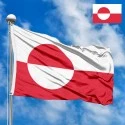
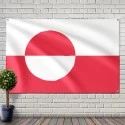
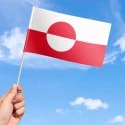
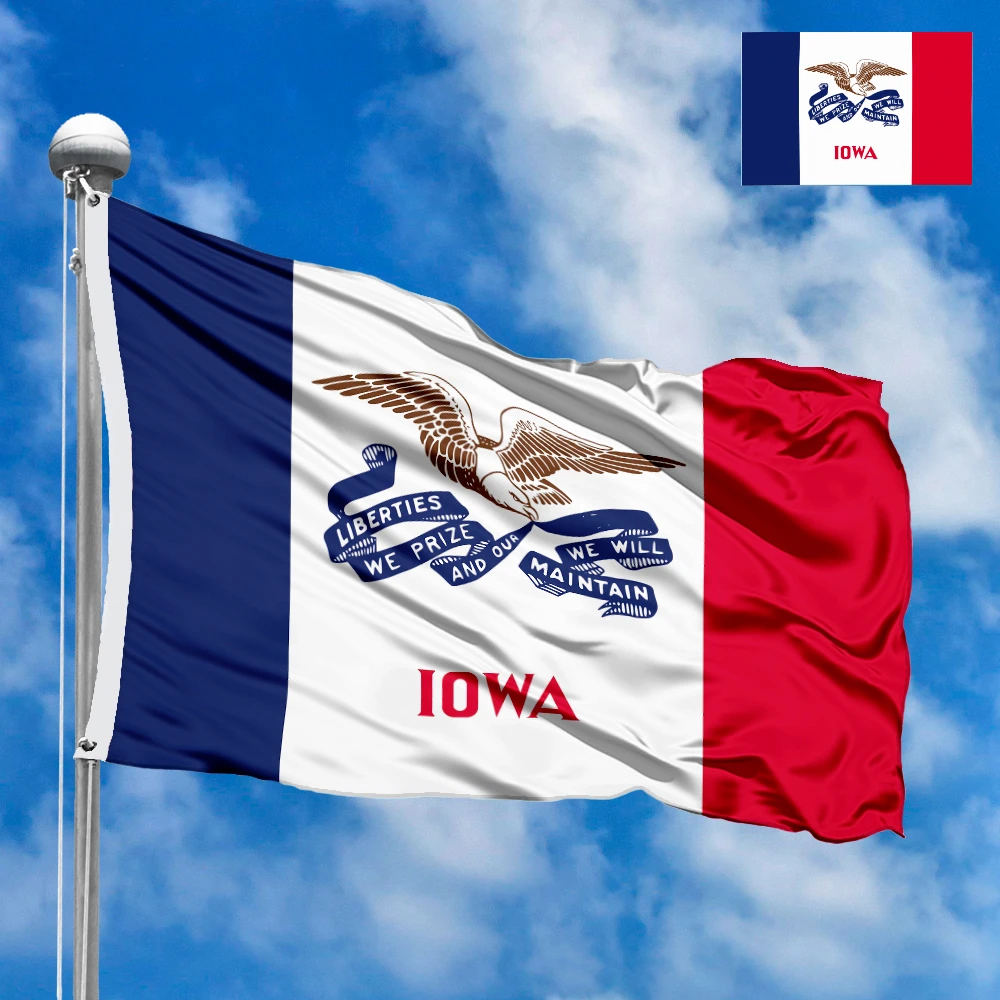

 Sizes:
Sizes:
 Sizes:
Sizes:
